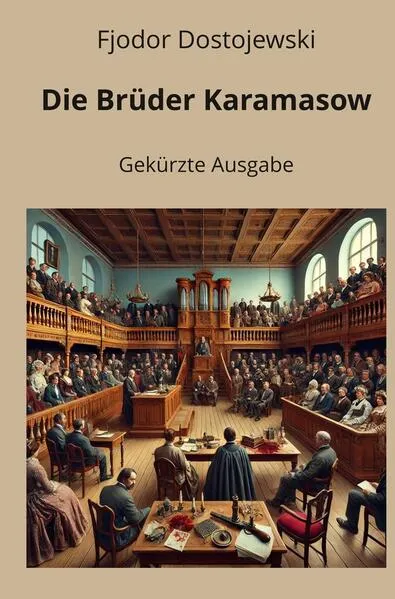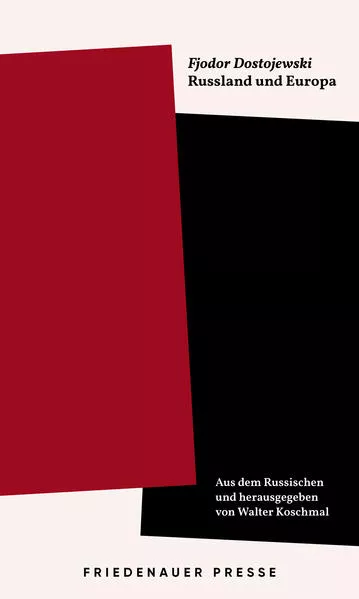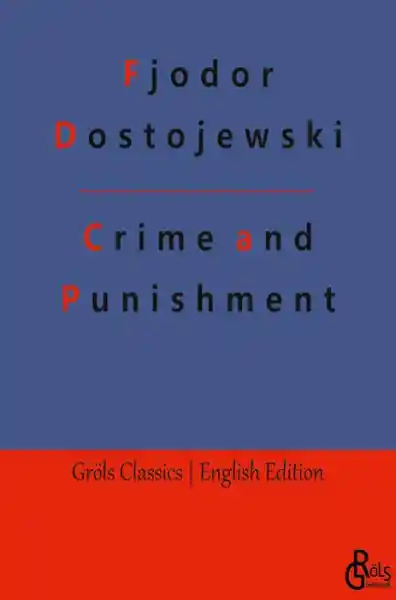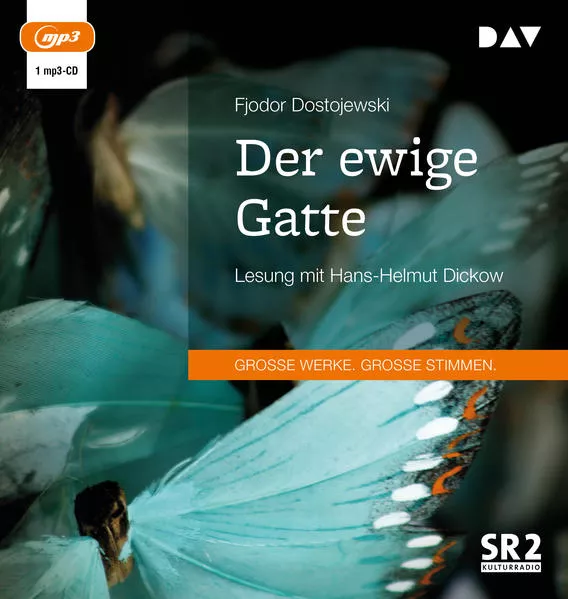
- Publikationen ca: 6
- Buchbewertungen ca: 1.838
- Fragen & Antworten
Fjodor Dostojewski
Die Brüder Karamasow - Gekürzte Ausgabe
Dieses Buch präsentiert den Klassiker der Weltliteratur in sorgfältig gekürzter Form. Der Text wurde in modernes Deutsch übertragen, wobei Stil, Ton und Ausdruck des Originals weitgehend beibehalten wurden. Für alle, die einen raschen Zugang zu diesem umfangreichen Klassiker erhalten möchten.
Russland und Europa
Nicht nur die russische Politik, auch die westliche Berichterstattung über den Angriffskrieg Russlands greift immer wieder auf einen Fundus an Zuschreibungen zurück, in dem der den Russen so vertraute Dostojewski eine zentrale Rolle spielt. Sein Tagebuch eines Schriftstellers wurde lange vernachlässigt, dabei ist es nicht nur für sein literarisches Werk von zentraler Bedeutung.
Crime and Punishment
Rodion Raskolnikov is young, poor... and ambitious. He is convinced of the idea that "big people" must take what is rightfully theirs and that this distinguishes them from the "little people". They are even allowed to destroy "life unworthy of life". He argues with commanders like Napoleon: if they leave the field as victors, history remembers their great deeds and not the many thousands of murders that went along with them.
Crime and Punishment
Rodion Raskolnikov is young, poor... and ambitious. He is convinced of the idea that "big people" must take what is rightfully theirs and that this distinguishes them from the "little people". They are even allowed to destroy "life unworthy of life". He argues with commanders like Napoleon: if they leave the field as victors, history remembers their great deeds and not the many thousands of murders that went along with them.
Weiße Nächte
Die unvergessliche Liebesgeschichte von Fjodor Dostojewski.
Der ewige Gatte
Erst nach dem Tod seiner Ehefrau erfährt der biedere Beamte Pawel Pawlowitsch, dass diese vor Jahren ein Liebesverhältnis mit dem Lebemann Weltschaninow hatte. Aus Wut greift Pawlowitsch zur Flasche. Doch der Alkohol reicht ihm nicht. Er will sich rächen, weiß aber noch nicht, »womit er das Ganze abschließen soll: mit einer Umarmung oder mit einem Mord.





